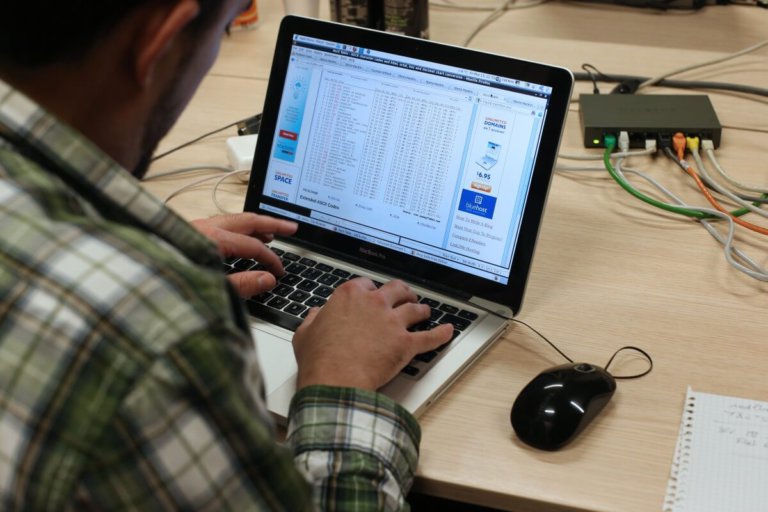
Is the prospect of starting their programmes via online learning turning off incoming international students to the UK? Not for almost three-quarters of those recently surveyed by education think-tank QS.
The survey found that nearly three-quarter (72 percent) of international students are open to the prospect of starting their studies in the UK this academic year, even if it means beginning their course online.
QS surveyed over 30,000 international students from across the world, over 8,800 of whom are interested in studying in the UK. The survey is part of ongoing research into the impact of the coronavirus pandemic on global higher education which began in February.
Nearly two-thirds (62 percent) of international students interested in the UK have had their plans to study abroad affected by COVID-19, according to the new data collected at the start of April.
Only a small percentage of those surveyed oppose the idea of beginning their studies online.
The data shows that “of the 72 percent of students open to starting their studies this year online, 46 percent said they would start their studies this year even if it was online with a further 26 percent stating that they were unsure at this stage — only 28 percent said they were opposed to the idea.”
The data, however, reveals that Chinese and Indian students — who make up the bulk of international students in the UK — are more reluctant than US, EU and non-EU students when it comes to beginning studies online later this year.
Almost half (49 percent) of students from China and over a third (36 percent) of Indian students are not willing to start their studies this year if they were to begin online. Only a fifth (20 percent) of German students are against starting their studies online this year, while 30 percent of US students see it as a barrier.
In comparison, 47 percent of EU students said they would start their studies in Britain if it was online, with 20 percent opposing the idea.
International students starting their programmes in autumn in the UK are currently facing uncertainty as travel bans are still in place.
Australia may be opening its doors for international students in July, while some countries like Canada are accepting international students subject to quarantine requirements, but this doesn’t mean in-person classes will fully resume.

A woman passes an advert alerting passengers arriving into the UK, about the government’s advice on COVID-19, at almost-empty departure hall at Terminal 1 of Manchester Airport in Manchester, northern England on May 11, 2020, where they have begun a trial of body temperature screening during the COVID-19 pandemic. Source: Oli Scarff/AFP
Since large lecture halls don’t allow for proper social distancing measures, it’s projected that students will continue studying online via video conferencing platforms and online learning tools until the end of the year at least.
Cambridge University recently announced that they will continue online classes until the summer of 2021, the first British university to do so, while some have pushed back start dates for September intake.
The University of Edinburgh states on their website that they are ready to teach despite any travel restrictions and wherever their students are in the world, but “this may mean we change the format or order of our teaching”.
British universities are not required to reduce tuition fees even though they have moved to online learning and in-person classes have not resumed.
The pandemic is causing economic turmoil all around the world, causing many families to reconsider study abroad opportunities for their children.
CEO of QS Nunzio Quacquarelli, said: “It is not surprising to see the stabilisation in the data on international students’ study plans for the next year, which gives us a clearer picture of the impact that the virus will have on the UK HE market.”
“Whilst it is going to cause short term disruption and uncertainty, our data shows there are reasons to be optimistic for the HE sector. We maintain that this suggests the main impact of the COVID-19 pandemic on student flows will be one of timing, and British universities can help to mitigate the impacts by ensuring they are well-prepared to offer online learning into the next academic year.”
Liked this? Then you’ll love…
September intake in UK 2020: What international students should know
Study in the UK: COVID-19 or not, students want to start uni in September







